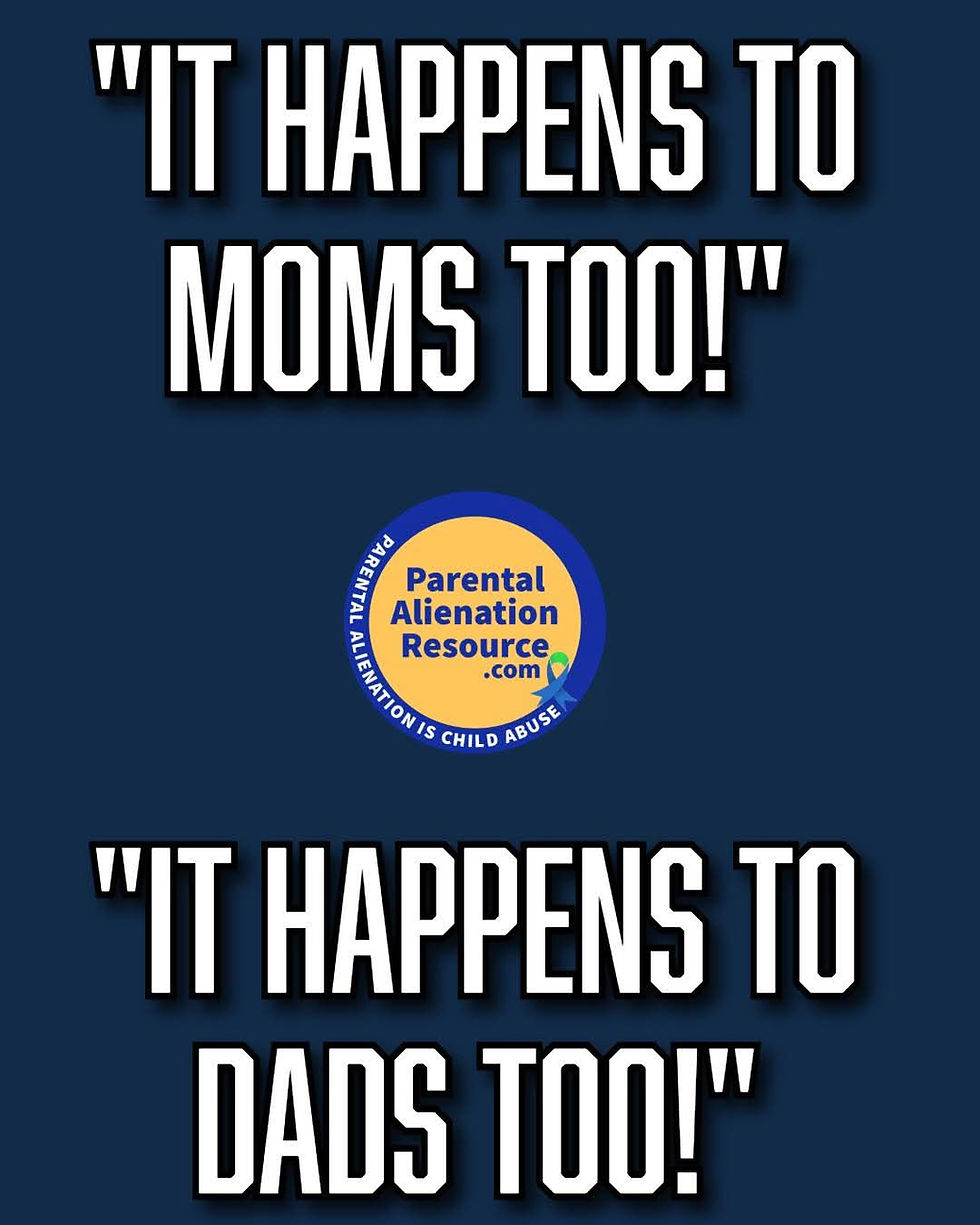Coercive Control After a Divorce
- Aug 20, 2023
- 2 min read

In a divorced couple with a child situation, coercive control can take various forms. Here are some examples:
Emotional manipulation: One parent constantly uses emotional manipulation tactics to control the child and the other parent. This can include making the child feel guilty for spending time with the other parent or manipulating their emotions to gain loyalty.
Financial control: One parent uses financial resources as a means of control, such as withholding child support payments or using financial support as leverage to manipulate the other parent's actions.
Isolation: One parent attempts to isolate the child from the other parent and their support network. They may discourage or prevent the child from seeing or communicating with the other parent, extended family members, or friends.
Monitoring and surveillance: One parent excessively monitors and surveils the other parent's activities, both in person and online. This can include tracking their movements, monitoring their phone calls or messages, or stalking them on social media.
Gaslighting: One parent engages in gaslighting, which involves distorting the truth or making the other parent doubt their own sanity or perception of reality. They may deny or downplay events or situations, making the other parent question their memory or judgment.
Threats and intimidation: One parent uses threats, intimidation, or aggression to maintain control over the other parent. This can include verbal threats, physical intimidation, or even threats of legal action.
Alienation: One parent actively tries to turn the child against the other parent through negative comments, false accusations, or by withholding information that paints the other parent in a positive light. This can lead to parental alienation, where the child develops a strong aversion or hostility towards the targeted parent.
Micromanagement: One parent exerts excessive control over the child's daily life and activities. They dictate the child's schedule, hobbies, and social interactions, leaving little room for independent decision-making.
Manipulation of legal processes: One parent manipulates the legal processes, such as making false allegations or filing frivolous motions, to maintain control or gain an advantage in custody or visitation disputes.
It's important to note that coercive control is abusive behavior and has a detrimental impact on both the targeted parent and the child involved. If you or someone you know is experiencing coercive control, seeking support from professionals, such as therapists or legal experts, can be beneficial.





Comments